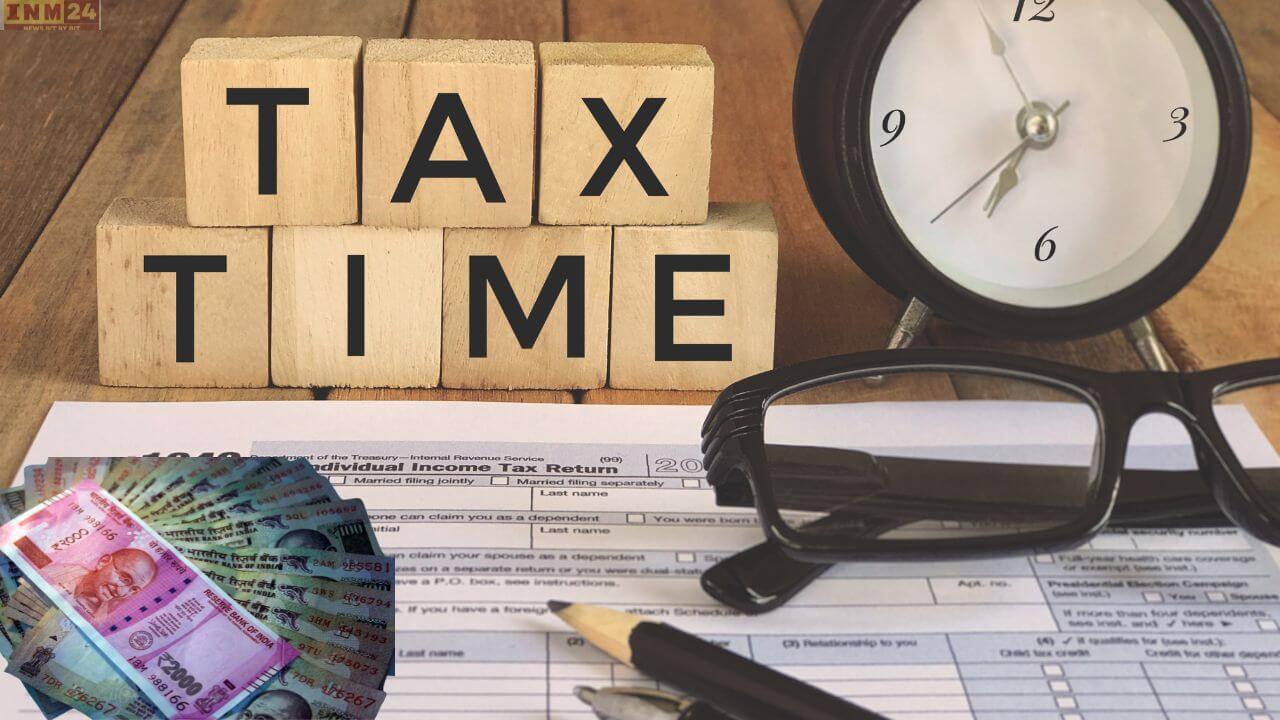With the upcoming Lok Sabha elections in the country, the Election Commission has already announced the dates. Following this, all political parties have geared up for the upcoming Lok Sabha elections. It’s noteworthy that this time, the 18th Lok Sabha elections are scheduled in seven phases across the country. As the elections draw closer, many questions arise in people’s minds regarding the elections.
One such question that arises is whether political parties are required to pay income tax. And if they are, what are the rules for it? Let’s delve into this topic to understand whether political parties are subject to income tax and how the calculation is done.
Do Political Parties Have to Pay Income Tax?
It’s important to note that due to Section 13A of the Income Tax Act, All political parties have been granted a 100% exemption on income. However, political parties are required to fulfill certain important criteria for this exemption. When it comes to income tax concerning political parties, it’s virtually non-existent. This means that political parties are not required to pay any tax. However, if political parties fail to meet the conditions specified in the income tax laws, then they are liable to pay taxes.
According to information, political parties cannot engage in any form of commercial activities
Moreover, political parties cannot earn profits from such events. However, if a political party does engage in such activities, it is then liable to pay taxes on that income. If there is no income, the party is not required to pay taxes. However, the funds received by political parties are typically used for the same purpose they were collected for.
